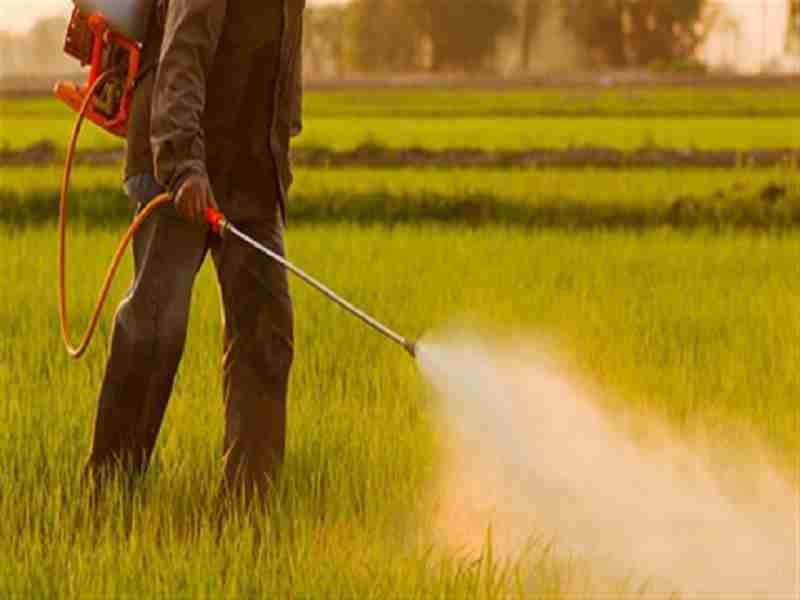Diversification of plant protection organization to the portfolio of pesticides with low-risk toxins
The head of the country's plant protection organization informed about the approach of this organization in diversifying the portfolio of chemical pesticides with low-risk, high-quality poisons and with a minimum shelf life.
According to the country's plant protection organization, Hossein Ranjbraghadam said in a meeting with the president and members of the board of directors of the poison and fertilizer importers' association, which was held with the aim of discussing and exchanging opinions in the field of imported pesticides in Sepehr hall of the organization: your presence and cooperation with the organization Preservation of the country's plants is very valuable, and we hope that with more cooperation and interactions, we will see effective events in preserving and improving the health of agricultural products, because this has a direct relationship with the economy and the tables of our compatriots.
He considered the implementation of integrated pest management program as one of the tasks and programs of the organization and added: The organization's view of pesticides is one of the important components in the integrated pest management system, which has a direct relationship with chemical control.
The head of the country's plant protection organization stated that chemical control has a significant place in the integrated management of pests, society's health and economy, and emphasized: the integrated management program and its parallel chemical control in a country is successful when the import, production and consumption of pesticides are in accordance with international laws. and be planned and implemented according to scientific frameworks and legal regulations.
He emphasized on the comprehensive monitoring from the import stage to the consumption of poisons and said: the investigations carried out show that the irrational and unplanned addition of poisons to the country's pesticide portfolio, the greater number of poison supply stores than the herbal medicine clinics and insectariums that play the role of diagnosis Pests have the prescription and control of pests, and the weakness in the field of promotion and education has caused the inappropriate use of pesticides (non-optimal use of pesticides, both in the amount of use and in the time of control). and monitoring the import, production, supply and use of pesticides, guarantee the health of agricultural products.
Ranjbragadham announced the update of the brand registration approach in the country's plant protection organization and stated: Facilitating import and registration and issuance of licenses does not help to solve the problem, it should be regulated in this issue. In the poison registration approach, the brand registration process is updated and revised, and all poisons must have birth certificates.
Stating that the Plant Protection Organization is interested in promoting and diversifying the portfolio of pesticides, this responsible official said: In the trade of poisons and pesticides, only those poisons that have a wide consumption market or should be considered only for certain products should not be approved and entered the field. We must have a comprehensive look at all products and harmful factors.
He emphasized: Our approach is to diversify the country's pesticide portfolio with the aim of approving low-risk, high-quality poisons with a minimum shelf life and environmental considerations, taking into account all target groups and assessing the level of risk in the field of pesticides.
The head of the country's plant protection organization, stating that this organization supports specialized companies and active and professional people in this field, clarified: with the aim of increasing the production of high-quality agricultural products, it is necessary to import poisons from sources with high standards and first class. take
He added: In handing over affairs to the private sector, the national plant protection organization has a high level of supervision and in this regard, there should not be a conflict of interest.
In the end, Ranjbraghadham emphasized on the formation of think tanks in cooperation with the associations of importers and producers of chemical pesticides and noted: by forming think tanks consisting of expert experts, academics, associations and thinkers of this sector, we will create a structure that will lead to correct alignment It will be in the pesticide industry.

